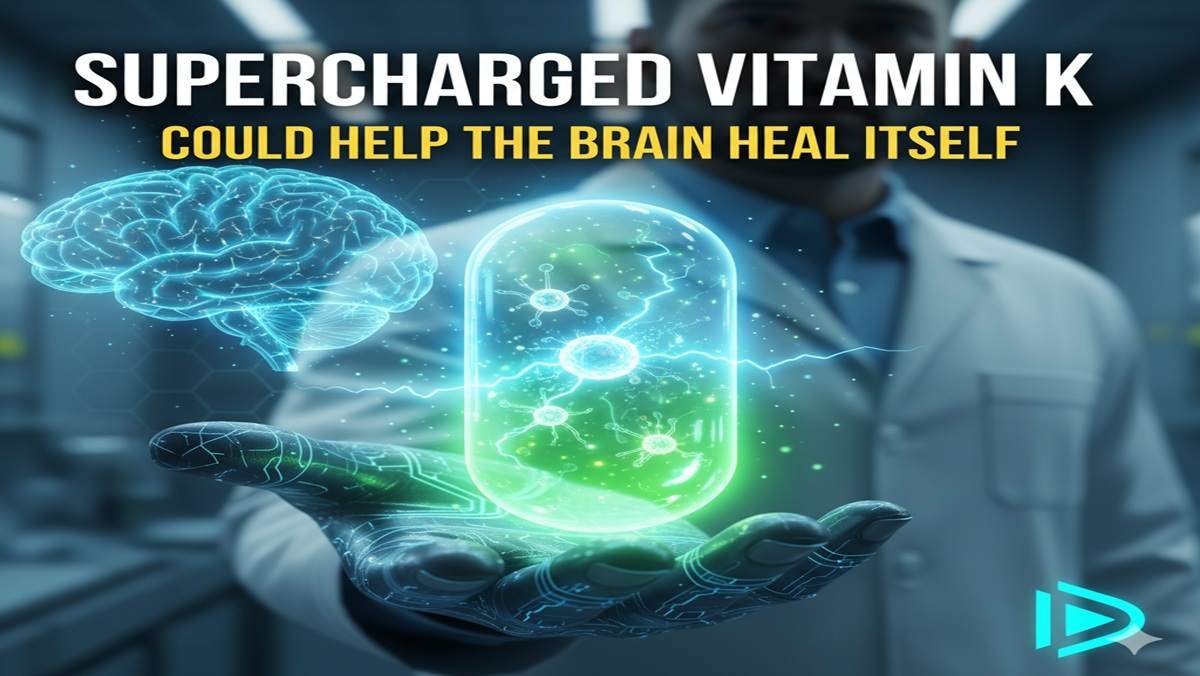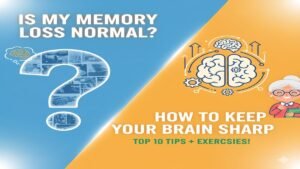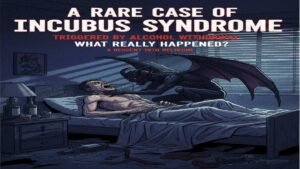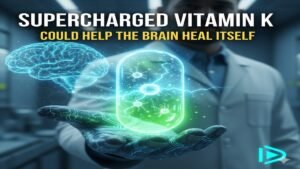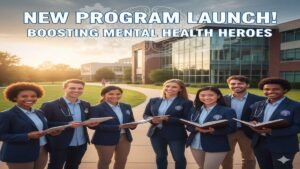Table of Contents
ToggleSupercharged Vitamin K Could Help the Brain Heal Itself
When we think of vitamin K, most of us imagine something that helps our blood clot properly or keeps our bones strong. But what if this humble vitamin could actually help your brain heal itself? Sounds like science fiction, right? Well, researchers in Japan might be turning that idea into reality.
Neurodegenerative diseases such as Alzheimer’s, Parkinson’s, and Huntington’s are heartbreaking conditions that slowly rob people of their memories, movement, and independence. These disorders occur when brain cells—neurons—begin to break down and die. And unfortunately, once neurons are gone, the brain can’t easily replace them.
While current medications may help manage symptoms for a while, they don’t stop the disease or help the brain regenerate. That’s why scientists are now exploring a fascinating question: Could the brain actually grow new neurons with a little scientific help?
And surprisingly, vitamin K—yes, the same one found in leafy greens and known for blood health—may be part of that answer.
A Supercharged Form of Vitamin K
Researchers from the Shibaura Institute of Technology in Japan, led by Associate Professor Yoshihisa Hirota and Professor Yoshitomo Suhara, recently developed powerful new forms of vitamin K. Their findings, published in ACS Chemical Neuroscience, suggest that these modified vitamins might boost the brain’s ability to grow new neurons—a process called neuronal differentiation.
To put it simply, the researchers made “supercharged” versions of vitamin K. One of these new forms, called Novel VK, turned out to be about three times more effective than natural vitamin K (known as MK-4) at helping immature brain cells grow into fully functional neurons.
That’s a big deal. Because in diseases like Alzheimer’s, it’s the loss of neurons that causes memory problems and confusion. If scientists can help the brain make new neurons, it could mean real hope for slowing—or even reversing—some of that damage.
How They Made It Work
The scientists created 12 different hybrid versions of vitamin K. They linked it with other beneficial compounds like:
- Retinoic acid, a form of vitamin A that supports brain development
- Carboxylic acid, a chemical group that affects how molecules behave
- Methyl ester side chains, small structures that influence how a compound moves in the body
Their goal was to combine the best of both worlds—vitamin K’s natural benefits and retinoic acid’s brain-supporting power—into one molecule.
When they tested these compounds on mouse brain cells, one combination stood out: the version containing retinoic acid and a methyl ester side chain. This was Novel VK, the superstar of the study. It produced three times more neurons than untreated cells.
That kind of improvement could open doors for future therapies designed to help the brain repair itself after injury or disease.
Understanding How It Affects the Brain
So how does vitamin K actually help brain cells grow? To find out, the team looked closely at how it interacts with the brain’s communication system.
They discovered that vitamin K works through something called metabotropic glutamate receptors (mGluRs)—specifically, mGluR1. These receptors are crucial for communication between neurons. Problems with them are linked to Alzheimer’s and other cognitive disorders.
Using computer models, the researchers found that Novel VK binds even more strongly to the mGluR1 receptor than regular vitamin K does. This suggests that the new version may be far better at promoting healthy brain activity and protecting neurons.
And when they tested it in mice, they found that Novel VK was not only stronger—but also more easily absorbed by the brain. That’s essential, because most medicines never make it past the brain’s natural protective barrier.
What This Could Mean for the Future
This research could signal the beginning of a new chapter in how we think about brain health and recovery. If future studies confirm these findings in humans, we might someday have treatments that don’t just manage the symptoms of neurodegenerative diseases—but actually help the brain heal itself.
Imagine a world where taking a form of vitamin K could help protect against memory loss, improve brain repair after injury, or even delay diseases like Alzheimer’s. It’s an exciting thought, and while it’s still early days, the science looks promising.
Dr. Hirota and his team hope that their work will eventually lead to vitamin K-based medicines that can support the brain’s natural repair mechanisms. Of course, much more testing will be needed before this becomes a real-world treatment. But for now, it’s an encouraging reminder that the answers to big medical challenges sometimes come from the smallest—and most familiar—places.
What You Can Take Away
If you’re wondering, “Does vitamin K help your brain?” —the early science says yes, at least in theory. Vitamin K plays a role in brain cell growth, communication, and protection. It’s also been linked to better memory and cognitive performance in older adults.
And what about “Can vitamin K cause brain fog?” —there’s no strong evidence to suggest that. In fact, vitamin K may actually do the opposite by supporting clear thinking and protecting against decline.
So while you shouldn’t rush to take extra vitamin K supplements just yet (especially without medical advice), eating vitamin K-rich foods like spinach, kale, broccoli, and eggs can support your overall health—including your brain.
Bottom Line:
This new research is a powerful reminder that even well-known vitamins may have hidden powers. A “supercharged” vitamin K that helps the brain heal itself could one day change how we treat Alzheimer’s, Parkinson’s, and other neurological conditions.
Until then, the best we can do is stay curious, eat well, and keep an eye on exciting developments in science study, medical science news, and psychology daily updates.
Read Also:
Deepika Padukone Appointed as India’s First Mental Health Ambassador

